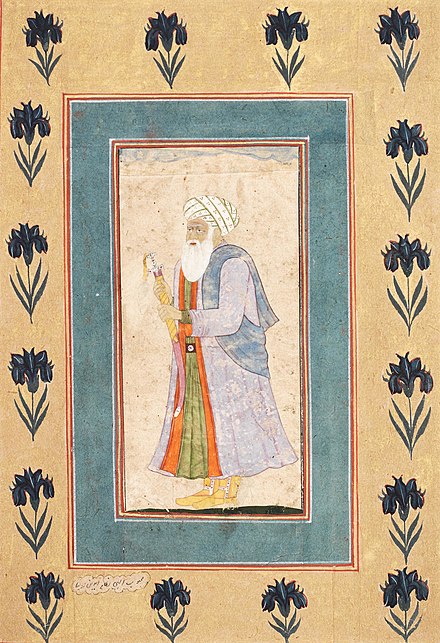
There is a Sufi story told of how a poor farmer had journeyed to Delhi to beg for some financial help from the great Sufi saint Hazrat Nizamuddin Aulia.
After some days of staying at the home of the holy man, the peasant realised that he was not going to receive the money which he had hoped for. Accordingly, he went to the saint to bid him farewell, but to his surprise and confusion, Hazrat Nizamuddin Aulia gave him a gift of his own well-worn slippers.
The poor man, disappointed and dispirited, began the long journey back to his village taking, rather reluctantly, the holy man’s slippers wrapped in his turban. He was not consoled by imagining the mocking laughter of fellow villagers that would surely greet him on his return.
On the way, he met a richly dressed disciple of Hazrat Nizamuddin Aulia who halted before him, sensing the fragrance of his master about the farmer.
When the rich man discovered that the farmer was indeed carrying something of the holy man, he offered to give his horse, a bag of gold, and the very silk coat he was wearing in exchange for the blessed slippers.
The farmer, thinking he had come face to face with a rich but genial madman, thought himself lucky to make such a fine bargain, and gladly gave the worthless slippers for the riches.
The story concludes that each felt that they had gained the greater treasure.
Jane Sahi, A Treasurehouse of Stories
http://www.journal.kfionline.org/
Image of Mughal painting of Nizamuddin Auliya, courtesy Wikipedia
Sheikh Khwaja Syed Muhammad Nizamuddin Auliya (1238-1325 AD) was an Indian Sunni Muslim scholar, Sufi saint of the Chishti Order, and is one of the most famous Sufis from the Indian subcontinent. He stressed love as a means of realising God in his teachings. For him his love of God implied a love of humanity. His vision of the world was marked by a highly evolved sense of religious pluralism and kindness.
